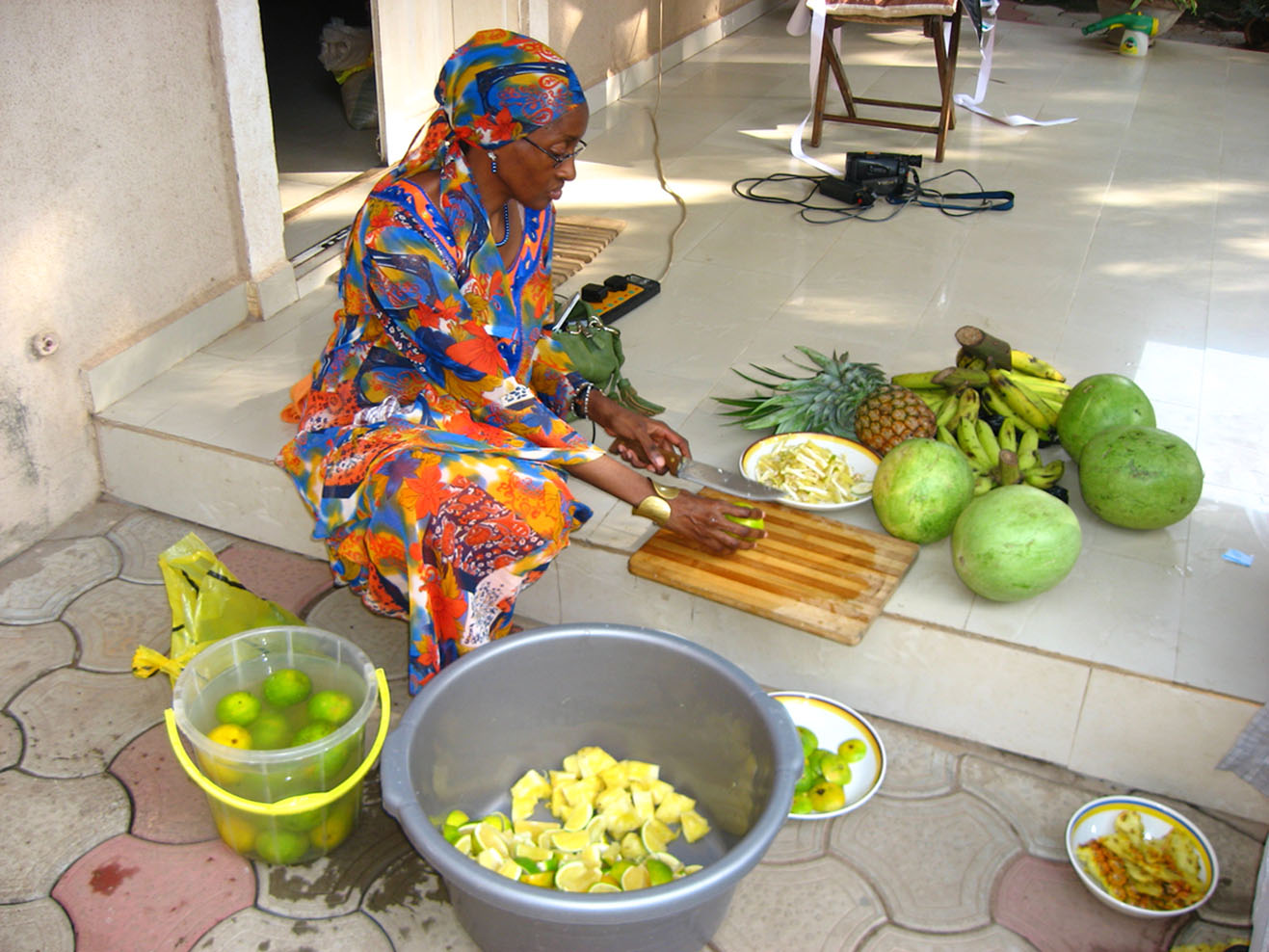Count Down
|

A taste of tradition: Afrikan methods of Preserving Food.
For centuries Afrikan communities have relied on ingenious methods to preserve food, ensuring sustenance during lean times and maximizing the use of seasonal bounty.
Be part of the new 21st Century TimBuKuTu Afrikan and Caribbean Revolution to promote trading & culture.
to remove moisture from fruits, vegetables and meat. From dried tomatoes in North Afrika to protein-rich biltong jerky in Southern Afrika. The sun's power transforms perishable foods into concentrated sources of nutrients and flavour.
Producers & manufactures please ,
Contact: M-Naturevator
Tel: UK +44 (0)745 292 9092, or
Whatsapp: + 233 57 365 2062
smoky aromas and antibacterial properties extending its shelf life.
Fish, meat and even fruits like mangoes are traditionally smoke-dried over wood fires creating unique delicacies like Ghanaian smoked fish and Nigerian suya skewers...
This natural process, aided by beneficial bacteria preserves food and enhancing nutritional value and digestibility.
Fufu a fermented cassava dish from West Afrika while Ethiopian injera flatbread owes its tangy flavor and spongy texture to fermentation
Afrikan beverages.
Palm wine in West Afrika, sorghum beer in East Afrika and millet beer in Southern Afrika are examples how fermentation is used to create refreshing and culturally significant drinks.
Producers & manufactures please,
Contact: M-Naturevator
Tel: UK +44 (0)745 292 9092, or
Whatsapp: + 233 57 365 2062
Salting draws out moisture and inhibits bacterial growth.
Meat, fish and vegetables like okra are traditionally preserved with salt like Senegalese thieboudienne fish stew and Moroccan preserved lemons.
Brining: Immersing foods in saltwater adds a distinct flavor. Pickeled vegetables & brined fish are common throughout Afrika.
Traditional granaries - elevated structures made of mud, wood or straw, provide cool and dry storage for grains like sorghum & millet. Ingenious designs protect precious food from moisture, pests and even rodents.
Pit storage:
Underground pits lined with leaves or straw serve as natural refrigerators. Yams and cassava can be stored for months in these cool dark environment.
"..Wishing you an exciting and joyful time in the spirit of Ubuntu/Biakoye.."